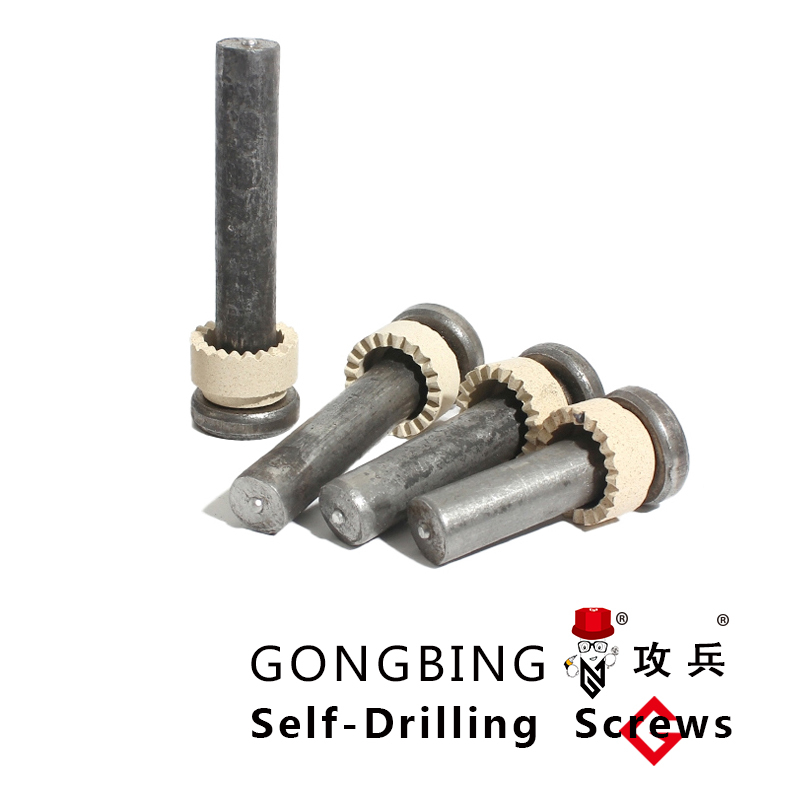anchor fixing resin
Understanding Anchor Fixing Resin A Comprehensive Overview
Anchor fixing resin, commonly referred to in construction and engineering contexts, plays a crucial role in enhancing the stability and durability of structures. This specialized adhesive is primarily used for securing anchoring bolts, rebar, and other structural components into concrete or masonry. Its significance is particularly evident in environments where high load-bearing capacity and resistance to harsh conditions are essential.
What is Anchor Fixing Resin?
Anchor fixing resin is a two-part adhesive system that consists of a resin and a hardener. When mixed together, they undergo a chemical reaction that results in a robust and durable bond. This resin is designed to cure quickly, making it ideal for time-sensitive projects. It is typically formulated to withstand various environmental conditions, including moisture, temperature fluctuations, and chemical exposure, ensuring long-lasting performance.
Types of Anchor Fixing Resin
There are several types of anchor fixing resins available, each engineered for specific applications
. The most common types include1. Epoxy Resin Known for its superior strength and adhesion properties, epoxy resin is often used in heavy-duty construction applications. It offers excellent resistance to chemicals and is suitable for both indoor and outdoor use.
2. Polyester Resin This type is generally less expensive than epoxy and is often used for lighter applications. While it may not provide the same level of strength, it is suitable for tasks where moderate strength is required.
anchor fixing resin

3. Vinylester Resin Combining the benefits of both epoxy and polyester, vinylester resin offers good chemical resistance and strength. It is typically used in applications where exposure to aggressive chemicals is a concern.
Applications of Anchor Fixing Resin
Anchor fixing resins are versatile and find a wide range of applications across different sectors. In construction, they are commonly used for securing structural elements such as beams, railings, and machinery bases. In civil engineering, these resins are critical for anchoring bolts in bridge construction and repairing concrete structures. Furthermore, they are also employed in the installation of electrical and plumbing fixtures, ensuring that they are securely anchored to the substrate.
Installation Techniques
Proper installation of anchor fixing resin is crucial for achieving optimal performance. The surface must be clean and free of debris, dust, or oils before application. Holes should be drilled to the appropriate diameter and depth, followed by the injection of the resin into the hole. After inserting the anchor or bolt, it is essential to allow sufficient curing time as specified by the manufacturer to attain maximum bond strength.
Conclusion
Anchor fixing resin is an indispensable component in modern construction, providing the necessary strength and security for various anchoring applications. By choosing the appropriate type of resin and ensuring correct application techniques, construction professionals can enhance the structural integrity of their projects, leading to safer and more durable constructions. As technology advances, we can expect further innovations in resin formulations, enhancing their effectiveness and broaden their application scope even more.
-
Weatherproof Plastic Expansion Anchors for OutdoorNewsJun.06,2025
-
Sustainability in the Supply Chain: Eco-Friendly TEK Screws ProductionNewsJun.06,2025
-
Load-Bearing Capacity of External Insulation FixingsNewsJun.06,2025
-
Double Head Bolts: Enhancing Efficiency in Industrial MachineryNewsJun.06,2025
-
Corrosion Resistance in Chipboard Screws: Coatings for Wholesale DurabilityNewsJun.06,2025
-
Butterfly Toggle Bolts : Enhancing Structural ResilienceNewsJun.06,2025
